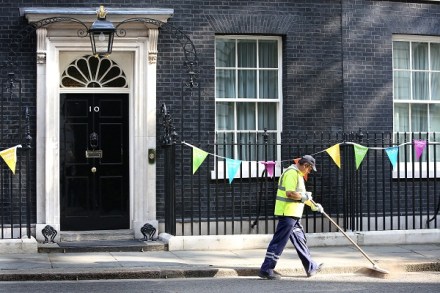The poverty of economics
The IMF’s growth downgrades will make tomorrow’s newspaper headlines but the more striking point is its decision to massively rewrite British economic history. As Citi’s Michael Saunders notes (PDF), the IMF now believes that UK economy was massively overheating in the boom. What we had thought was normal growth was, in fact, crazy exuberance. Britain’s economy was more overheated by any in the G7, the IMF now tells us. Things were worse in 2007 than in the ‘Lawson boom’. Had we known about this overheating, of course, it ought to have been remedied by an interest rate rise. The asset bubble might never have been blown and the cheap debt party













